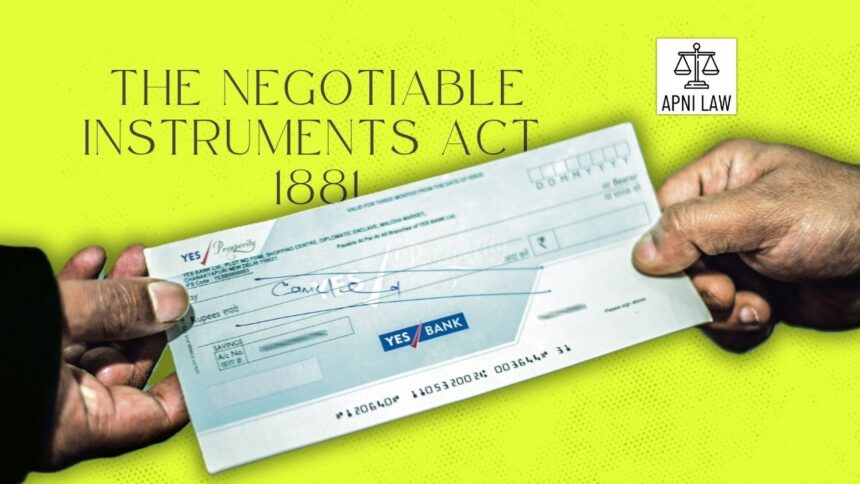Introduction
In the world of commercial transactions, bills of exchange play a role in facilitating credit-based payments. However, situations may arise where such a negotiable instrument is lost before its due date. In such cases, the rightful holder of the bill may face difficulties recovering payment. Fortunately, the law provides a remedy for the holder to obtain a duplicate bill under specific conditions.
This law ensures the smooth continuation of commercial dealings and safeguards the interests of both the drawer (issuer) and the holder (the person entitled to payment).
Does A Drawer Have The Right to Seek a Duplicate Bill After Losing The Original Under NI Act?
Under Section 45A of the Negotiable Instrument Act, when a bill of exchange is lost before it becomes due, the holder has the right to request the drawer to issue a duplicate bill of the same tenor. This means the new bill must have identical terms and conditions as the lost one.
However, to protect the drawer from future liability, should the original bill resurface. The law allows the drawer to demand a security or indemnity. This indemnity ensures the drawer will not suffer financial harm if someone later presents the original lost bill for payment.
If the drawer refuses to issue a duplicate bill after a valid request, the holder has the right to legally compel the drawer to provide it.
Illustration
Mr. A draws a bill of exchange in favour of Mr. B, due for payment in 60 days. Mr. B, the lawful holder, loses the bill in transit before it matures.
So, Mr. B approaches Mr. A (the drawer) and requests a duplicate bill of the same tenor. Next, Mr. A agrees to provide it but asks Mr. B to offer a written indemnity agreement. He promises to protect Mr. A from liability if the original bill is found and misused.
Mr. B complies, and Mr. A issues the duplicate bill.
However, if Mr. A had refused to issue the duplicate even after indemnity was offered, Mr. B could have approached the court to compel Mr. A to provide the duplicate under this legal right.
Conclusion
The legal remedy for obtaining a duplicate bill of exchange serves as an essential safeguard in the event of accidental loss. It promotes trust and continuity in financial transactions. This is by allowing the holder to recover their rightful claim while protecting the drawer from potential legal exposure.
In commercial practice, this ensures that business does not come to a halt due to lost instruments. Also, both parties remain protected. Knowing and exercising this right is crucial for businesses, banks, and individuals dealing with negotiable instruments.








